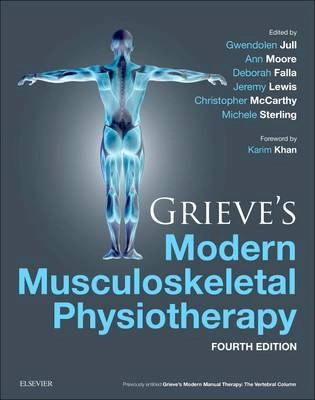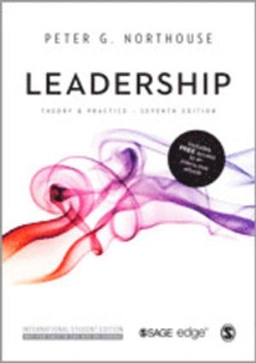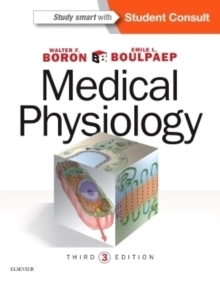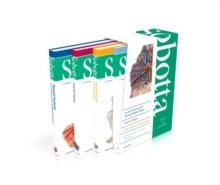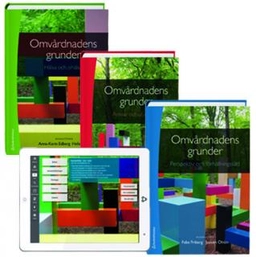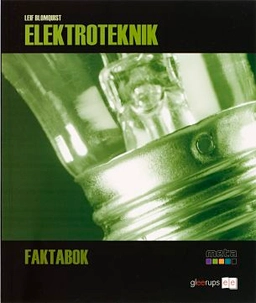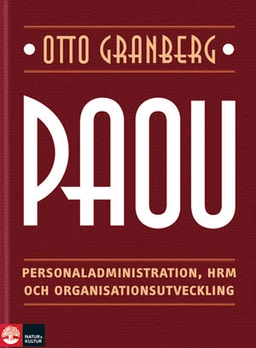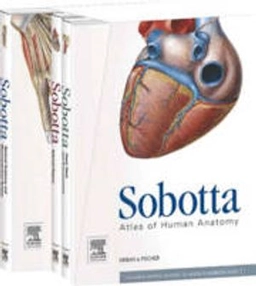Since the third edition of Grieve’s Modern Manual Therapy was published in 2005, the original concepts of manipulative therapy have grown to embrace new research-generated knowledge. Expansions in practice have adopted new evidence which include consideration of psychological or social moderators. The original manual therapy or manipulative therapy approaches have transformed into musculoskeletal physiotherapy and this is recognized by the change in title for the new fourth edition – Grieve’s Modern Musculoskeletal Physiotherapy.
Grieve’s Modern Musculoskeletal Physiotherapy continues to bring together the latest state-of-the-art research, from both clinical practice and the related basic sciences, which is most relevant to practitioners. The topics addressed and the contributing authors reflect the best and most clinically relevant contemporary work within the field of musculoskeletal physiotherapy.
With this as its foundation and a new six-strong editorial team at its helm, the fourth edition now expands its focus from the vertebral column to the entire musculoskeletal system. For the first time both the spine and extremities are covered, capturing the key advances in science and practices relevant to musculoskeletal physiotherapy.
The book is divided into five parts containing multiple sections and chapters. The first part of the book looks at advances in the sciences underpinning musculoskeletal physiotherapy practice. Here there is commentary on topics such as movement, the interaction between pain and motor control as well as neuromuscular adaptations to exercise. Applied anatomical structure is covered in addition to the challenges of lifestyle and ageing. A new section highlights the important area of measurement and presents the scope of current and emerging measurements for investigating central and peripheral aspects relating to pain, function and morphological change. Another section discusses some contemporary research approaches such as quantitative and qualitative methods as well as translational research.
Part III contains sections on the principles of and broader aspects of management which are applicable to musculoskeletal disorders of both the spine and periphery. Topics include models for management prescription, communication and pain management and contemporary principles of management for the articular, nervous and sensorimotor systems. In recognition of the patient centred and inclusive nature of contemporary musculoskeletal practice, there is also discussion about how physiotherapists may use cognitive behavioural therapies when treating people with chronic musculoskeletal disorders.
The final part of the book focuses on selected contemporary issues in clinical practice for a particular region, condition or the most topical approaches to the diagnosis and management of a region. A critical review of the evidence (or developing evidence) for approaches is given and areas for future work are highlighted.
The only textbook which covers the breadth of musculoskeletal physiotherapy practice, bringing together the work and opinions of leading international experts Presents the latest science, research evidence and clinical practices for assessment and management of spinal and extremity disorders Uses contemporary knowledge in diagnostics and future directions to demonstrate how to manage both acute and chronic musculoskeletal pain Considers important aspects underpinning clinical practice across the biopsychosocial domains Now covers the musculoskeletal systems of the upper and lower limbs as well as the spine Title, topics, prominent editors and authors – all reflect the evolution in knowledge, models of diagnosis and contemporary practice Overviews of the latest advances in: the basic sciences relevant to musculoskeletal physiotherapy clinical science and practice imaging and measurement techniques Over 300 illustrations Colour plate section
Åtkomstkoder och digitalt tilläggsmaterial garanteras inte med begagnade böcker
